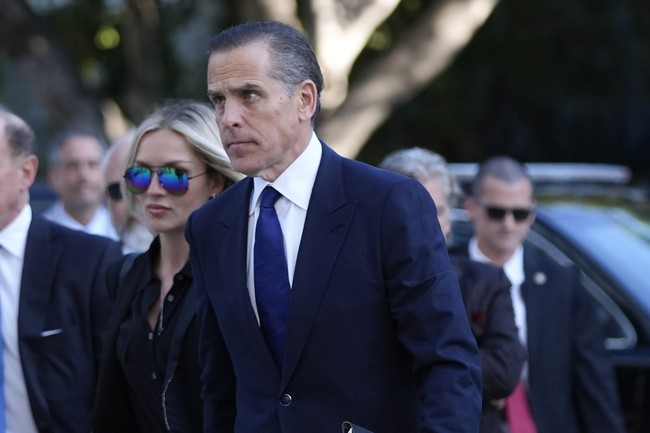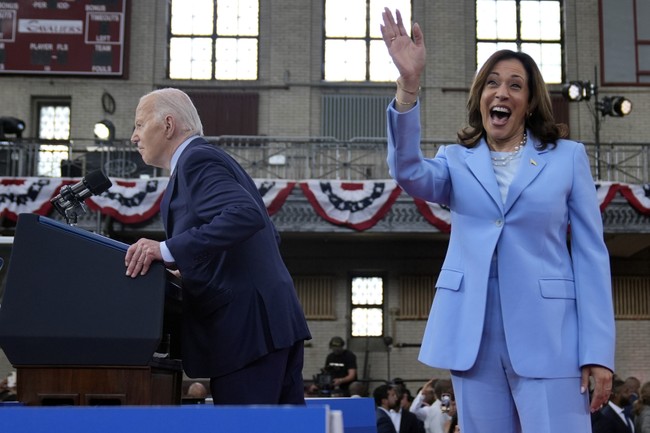Southwest's Bold Move: Assigned Seats & Premium Upgrades
In a historic shift, Southwest Airlines is abandoning its 50-year open seating policy. Discover how these changes aim to reshape passenger experience and boost profits.
Published July 26, 2024 - 00:07am

Image recovered from washingtonexaminer.com
Southwest Airlines, the iconic budget carrier known for its open seating policy, is making a significant shift by introducing assigned seating and premium upgrades. This move marks a pivotal change in the airline's 53-year history, driven by customer feedback and competitive pressures.
The decision to end open seating comes after extensive customer surveys revealed a strong preference for assigned seats. According to Southwest, 80% of surveyed customers and 86% of potential customers favored assigned seating over the traditional open seating model. This feedback underscores the growing demand for more structured boarding and seating arrangements, aligning Southwest with other major carriers like Delta, United, and American Airlines.
Southwest's CEO Bob Jordan emphasized the importance of adapting to customer needs, stating, This is the right change at the right time. The new policy will include premium seating options with extra legroom, catering to passengers willing to pay for added comfort. These changes are part of a broader strategy to enhance customer satisfaction and attract passengers who might otherwise choose competitors.
In addition to assigned seating, Southwest is also introducing redeye flights, a new venture for the airline. Starting in February 2025, these overnight routes will initially include flights from Las Vegas to Baltimore, Las Vegas to Orlando, Los Angeles to Baltimore, Los Angeles to Nashville, and Phoenix to Baltimore. This expansion aims to offer more flexible travel options and compete more effectively with other carriers.
The transition to assigned seating and redeye flights is not just about meeting customer preferences; it also represents a strategic effort to improve the airline's financial performance. Southwest reported a net income of $367 million for the second quarter of 2024, a significant improvement from the previous quarter's $231 million net loss. However, the airline still aims to achieve higher profitability and restore industry-leading margins. These new initiatives are expected to generate additional revenue, with CEO Jordan predicting the revenue boost to be significantly north of the current $1 billion generated from extras like priority boarding.
Southwest's decision is also influenced by pressure from Elliott Investment Management, an activist investor pushing for an overhaul of the airline's leadership and operating strategy. Elliott, which holds a $1.9 billion stake in Southwest, has been critical of the airline's slow adaptation to modern flying demands, describing the recent changes as too little, too late in a letter to the airline's board. This external pressure has accelerated Southwest's commitment to transforming its business model.
The implementation of these changes will require regulatory approval and aircraft retrofitting, with full details expected to be unveiled at an investor presentation later this year. Despite the logistical challenges, Southwest is confident that the transition will ultimately enhance operational efficiency and customer satisfaction.
The airline's historical reliance on open seating, a policy that democratized flying by offering a first-come, first-served boarding process, had been a unique selling point for decades. However, as passenger preferences evolved and flights became more crowded, the need for a more organized and predictable seating arrangement became apparent. The new boarding procedure will alleviate the pressure on passengers to check in precisely 24 hours in advance to secure a good spot in the boarding queue.
Southwest also plans to continue its Bags Fly Free policy, although industry analysts speculate that this could change if the airline's profitability does not improve. For now, the airline remains committed to allowing passengers to check their first two bags for free, setting it apart from competitors who charge for checked baggage.
Despite the anticipated benefits, the changes at Southwest have sparked mixed reactions among its loyal customer base. While many appreciate the move towards assigned seating, which offers more predictability and comfort, others lament the loss of the airline's unique open seating tradition.
As Southwest Airlines navigates these transformative changes, it remains focused on enhancing the overall travel experience while striving to achieve financial stability. The coming months will be crucial as the airline rolls out its new seating policies, redeye flights, and potential cabin layout changes, all aimed at securing a competitive edge in the dynamic airline industry.








